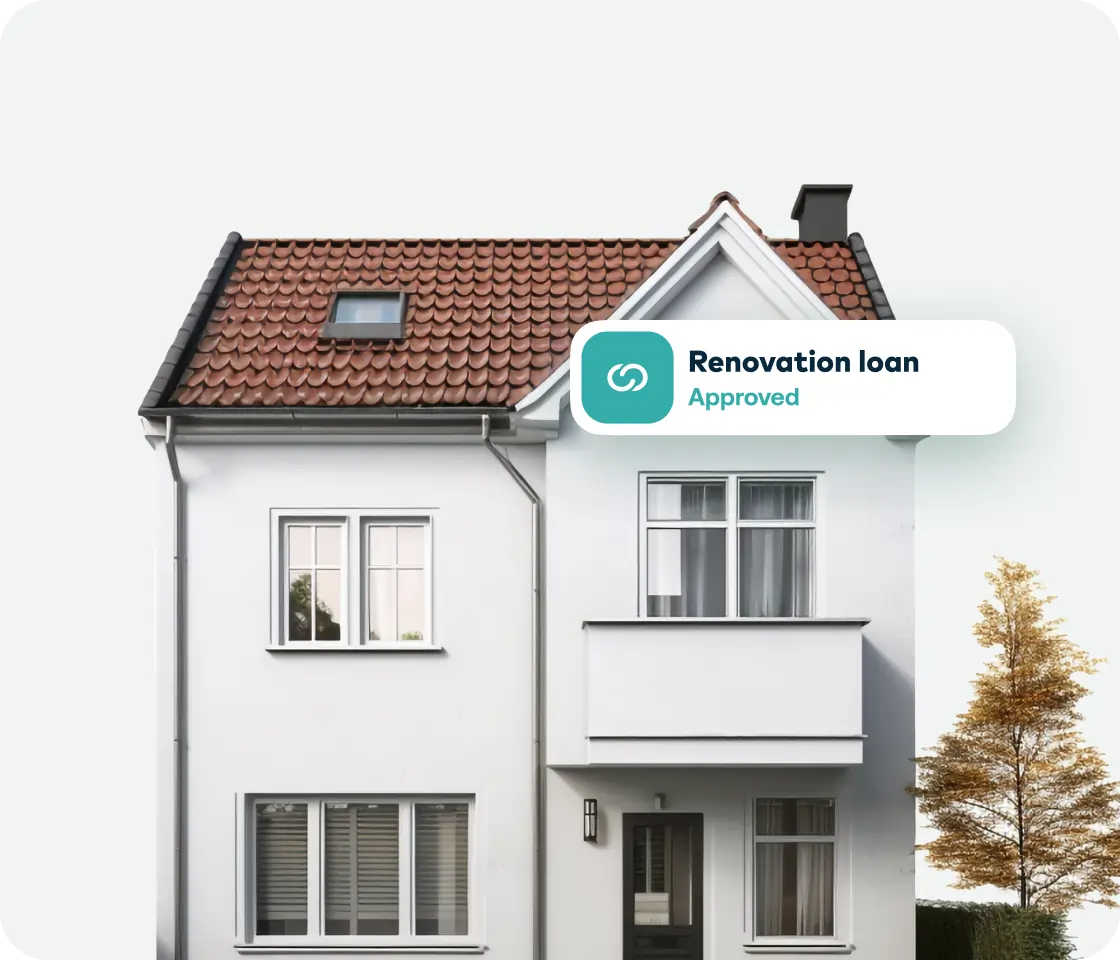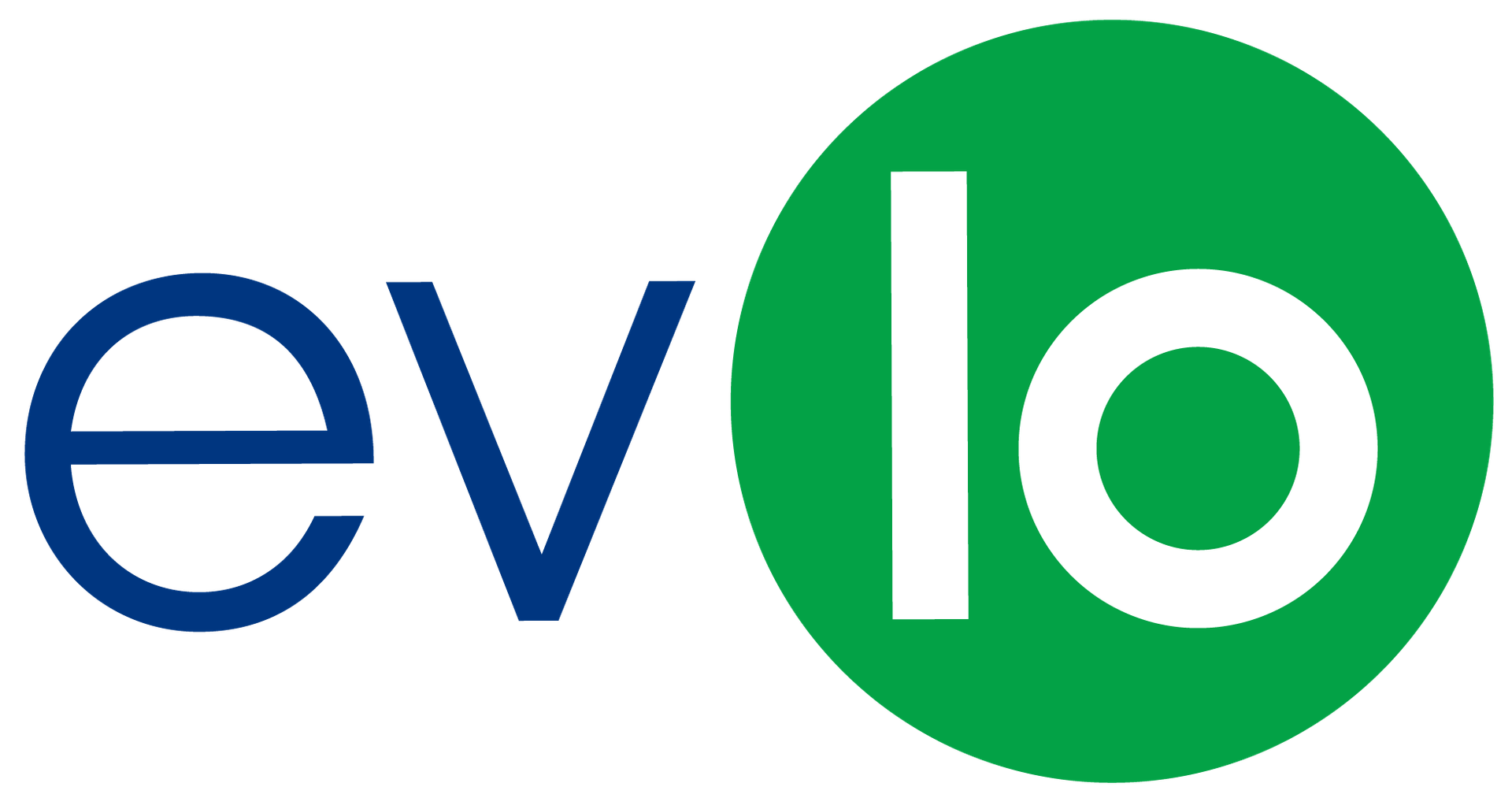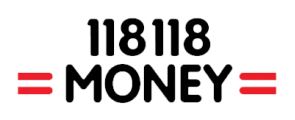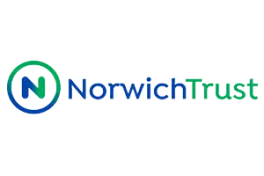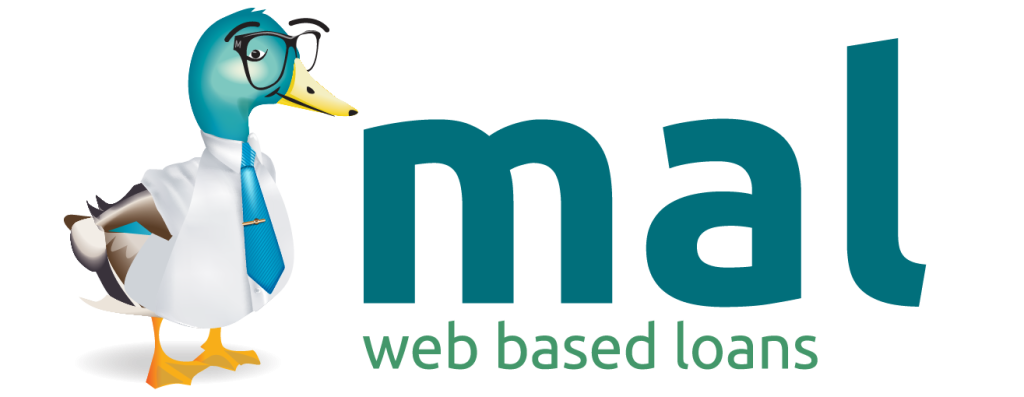Homeowners can borrow money using a homeowner loan, a sort of secured loan, by using their equity as collateral. A secured loan is one where the borrower consents to name one of their possessions as collateral in the loan agreement, typically a house. So, generally, the interest rate for a homeowner loan is lower than an unsecured personal loan.
Let us understand everything about the interest rate and fees associated with a homeowner loan in detail to help you make an informed decision.
Fixed Rate Vs. Variable Rate Homeowner Loans
As the name suggests, a fixed interest rate homeowner loan comes with an interest rate that is fixed. Meaning, the interest rate of the loan will remain the same throughout the loan term. With a fixed rate homeowner loan, it is easier to stick to your budget as the monthly repayment period will remain the same due to the fixed rate of interest.
However, with a variable interest homeowner loan, the interest rate will vary throughout the loan term. That means the monthly repayment amount you have to pay each month will also vary. You may pay less in interest with such loan types, however, the chances of paying more in interest are also equal.
Factors Influencing Interest Rates of Homeowner Loans
For thousands of homeowners, their mortgage payments are increasing in the UK. Knowing the factors that influence the rate you are offered when applying for a homeowner loan may enable you to negotiate a better rate.
Listed below are a few common factors that may influence the interest rates of a homeowner loan:
Type of Homeowner Loan you Borrow
Your interest rate may vary depending on the type of mortgage you select. A fixed-rate loan guarantees that the interest rate will not change for a predetermined amount of time.
You will frequently find that a fixed-rate mortgage arrangement has a higher interest rate than a comparable tracker- or variable-rate deal in exchange for this security.
Remember that choosing a mortgage involves more factors than just the interest rate. Even though a fixed-rate agreement may have a higher interest rate, you may still find that it makes sense for you because of the stability it offers.
Loan To Value Ratio (LTV)
When evaluating your application, lenders will consider your loan-to-value (LTV) ratio, which could directly affect your repayment obligations. The LTV compares your debt to the market worth of your home. Your equity will build as you make payments or as the value of your home increases, lowering your LTV.
Generally speaking, the better interest rate you can acquire depends on how low your LTV is. This is due to the fact that as your equity grows, you become less of a risk.
Credit Score and History
The lender’s decision to decide the interest rate they offer you will be influenced by your credit score. So it’s important to review your credit record before completing your application, whether you’re a first-time buyer or remortgaging.
Your credit report helps lenders determine how probable it is that you will miss a mortgage payment. The interest rate you’re offered will probably be higher if you are regarded as high risk to offset this.
Annual Percentage Rate (APR) of Homeowner Loans
APR stands for annual percentage rate and is used to illustrate how much you will pay to borrow over one year. The figure includes the cost of the interest charged plus any standard fees, such as an arrangement fee.
Loan Arrangement Fees and Other Charges
It could be required to have your home valued to make sure it is worth the amount of the loan. The lender can make arrangements for this, but you might have to pay for it, and the charges might change depending on the location, price, or other conditions of your property.
There could be charges for loan origination, property assessment, and loan closure (closing costs). To pay off the loan early, there is typically a cost as well. These fees will have varying costs depending on the lender.

